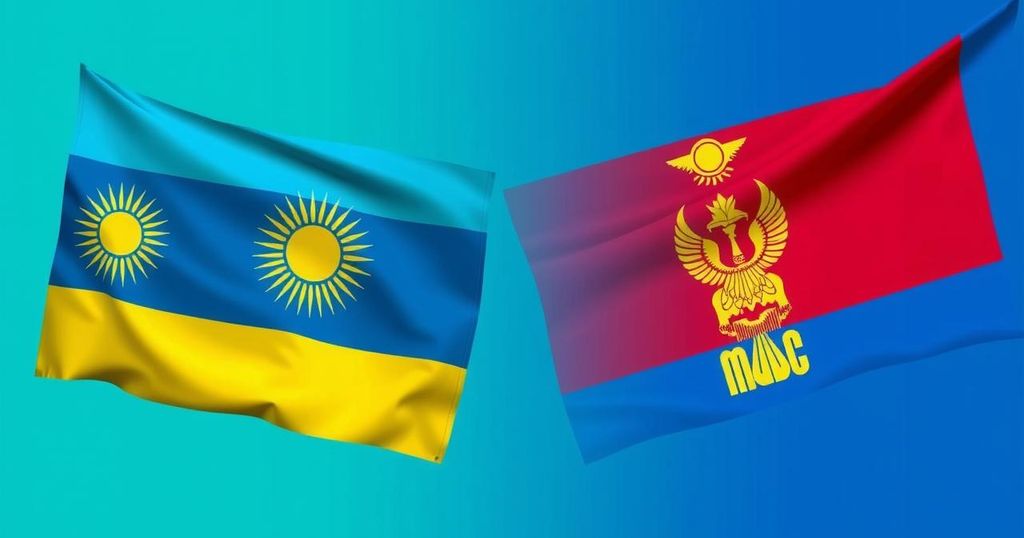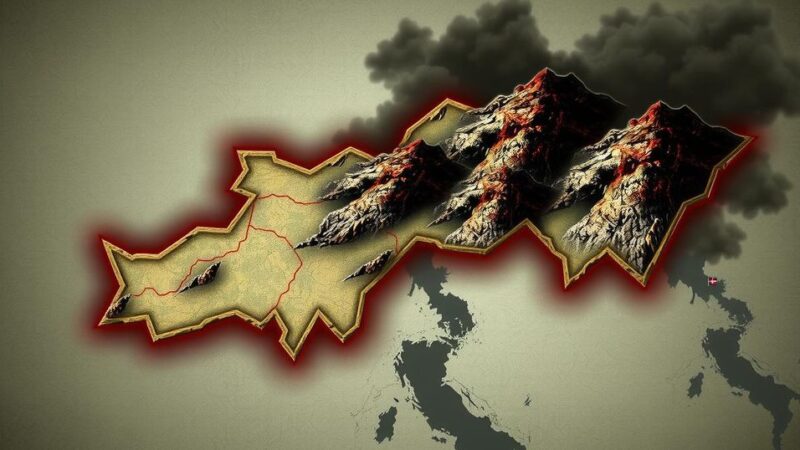On October 29, Kazakhstan and Mongolia signed a memorandum of cooperation in the nuclear energy sector. The agreement, finalized during President Tokayev’s visit to Mongolia, aims to explore and develop shared natural resources. A Joint Declaration establishing strategic partnership was also signed. Kazakhstan is considering the construction of a nuclear power plant, with a referendum held recently to gauge public support, and four potential contractors identified for the project.
Kazakhstan and Mongolia have solidified their collaboration in the nuclear energy sector by signing a memorandum of cooperation, as reported by Trend on October 29. The agreement was concluded between Kazakhstan’s Ministry of Energy and Mongolia’s Nuclear Energy Commission during President Kassym-Jomart Tokayev’s recent diplomatic visit to Ulaanbaatar. During this visit, President Tokayev underlined the immense natural resources available to both nations, stating the intention for bilateral efforts in the exploration and development of various mineral deposits, including iron, phosphate, bauxite, and rare minerals. He noted, “Kazakh entrepreneurs are ready to explore the potential of Mongolia’s mining sector.” In conjunction with the nuclear energy memorandum, Kazakhstan and Mongolia also signed a Joint Declaration which formalizes a strategic partnership, marked by a ceremonial exchange of signed documents. This event follows the inaugural meeting of the Business Council in Ulaanbaatar, where business leaders from both countries formalized several commercial agreements to enhance economic collaboration. Furthermore, on October 6, Kazakhstan conducted a referendum regarding the establishment of a nuclear power plant, which was announced by President Tokayev on September 2, 2024. In 2023, Kazakhstan’s Ministry of Energy listed four primary candidates for constructing the nuclear power plant: China’s CNNC, South Korea’s KHNP, France’s EDF, and Russia’s Rosatom. The International Atomic Energy Agency (IAEA) is anticipated to participate in the project to provide additional oversight and ensure compliance with international standards.
Kazakhstan and Mongolia are rich in natural resources, particularly in minerals and energy. The cooperation in nuclear energy signifies a strategic move to leverage these resources for economic development. Recently, Kazakhstan has been exploring the possibility of establishing a nuclear power plant to meet its growing energy demands and to enhance energy independence. This partnership aims not only to benefit from nuclear technology but also to foster regional cooperation and economic ties between the two countries. The involvement of international organizations like the IAEA further underscores the commitment to maintaining safety and regulatory standards in nuclear energy initiatives.
In conclusion, the memorandum of cooperation between Kazakhstan and Mongolia in the nuclear energy sector represents a significant step towards enhanced bilateral relations and economic collaboration. By combining their natural resources and expertise, both countries aim to bolster their energy sectors and engage in joint exploration and development projects. The strategic partnership formed through this agreement, alongside recent business initiatives and the proposed nuclear power plant, reflects a mutual commitment to growth and cooperation.
Original Source: en.trend.az






